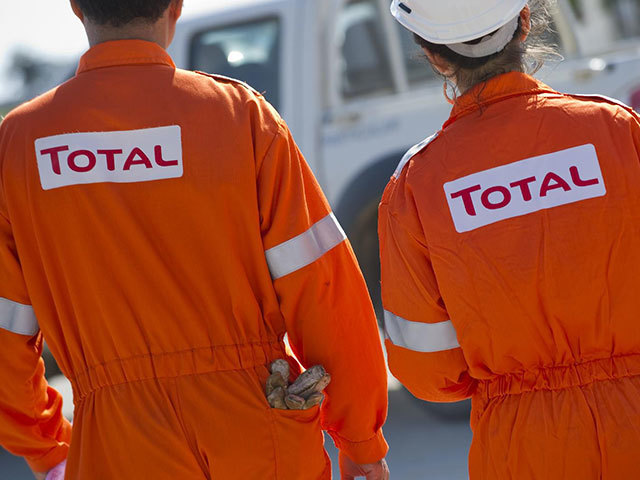
A successor to Christophe de Margerie, the outspoken Total SA boss who died in a Moscow plane crash, will have to contend with a slump in the company’s output and the failure of its exploration strategy.
A new chief executive officer must see through a round of cost cuts as lower oil prices and weak returns from refining eat into profit at France’s largest company by sales. De Margerie, killed Oct. 20 when his private jet struck a snowplow on a Moscow runway, had sold older fields and sought to pare investments in new projects as part of a pledge to investors last month to cut $2 billion in costs a year.
“Christophe de Margerie’s death comes at a delicate time for oil companies,” Olivier Appert, head of IFP Energies Nouvelles research institute, said by telephone. “Oil prices are volatile and the challenges are numerous in many countries like Russia. European companies like Total are also facing downstream issues due to the downturn in refining.”
Leading contenders for de Margerie’s job include Patrick Pouyanne, Total’s 57-year-old head of refining and chemicals, Patrick de la Chevardiere, chief financial officer, and Yves- Louis Darricarrere, head of upstream, according to Iain Reid, an analyst at BMO Capital Markets Ltd. in London.
Philippe Boisseau, the head of the marketing division and another member of the executive committee, is also a possible candidate, said analysts at Natixis Securities SAS and AlphaValue SAS.
The board will meet as soon as possible to ensure operational continuity and discuss the appointment, Chief Administrative Officer Jean-Jacques Guilbaud told reporters in Paris.
Any successor will inherit de Margerie’s ambitious program in Russia, which includes a stake in a vast natural-gas development in the Yamal Peninsula. The Total boss vowed to push ahead with the the OAO Novatek-led project, even as souring relations with the European Union and the U.S. over the conflict in Ukraine threaten to scuttle it.
“Total needs to focus on executing projects including in Russia to deliver growth over the next three years while at the same time keeping costs and operating expenditure under control,” Ahmed ben Salem, an analyst at Oddo & Cie, said by e- mail.
De Margerie battled to meet targets for raising output after leaks shut the Caspian Sea Kashagan project and an Abu Dhabi concession ended. He pledged to cut investment and curb costs after spending billions on new projects and drilling high- risk exploration wells.
Last month he hired a new exploration boss amid plans to overhaul the company’s drilling strategy after an almost four- year push for big new finds proved disappointing. He announced a cut in output targets and a drive to sell more assets.
Total plans to sell another $10 billion of assets by 2017, adding to the $15 billion to $20 billion targeted from 2012 to this year. It has achieved $16 billion so far under that plan, with $4 billion underway, including sales of a stake in a Nigerian field and the Bostik chemicals business.
De Margerie, 63, died in the accident at Moscow’s Vnukovo airport, ending a 40-year career that began in the Paris-based company’s finance unit.
Also chairman of the board, he oversaw far-flung operations from Indonesia to the Middle East to Kazakhstan in the biggest expansion of oil reserves at the French energy giant in at least 15 years.
Total changed its governance rules this year so that de Margerie would have been allowed to stay on at the end of his term in 2015. He declined to state publicly what his intentions were, though he said in the event of a change a successor should come from within.
Total’s second-quarter profit fell 12 percent to $3.2 billion amid record-low production because of field maintenance and a slump in refining margins. It’s counting on new projects to increase oil production to 2.6 million barrels a day in 2015 and to about 3 million barrels two years later.
In the face of the weak earnings, Total was named the “top pick” by Raymond James analyst Bertrand Hodee on Oct. 20 for its ability to maintain payouts to investors amid declining crude prices.
Total’s “production-growth outlook is robust” with some 15 projects under construction, Hodee wrote in a report. The dividend is “clearly safe.”